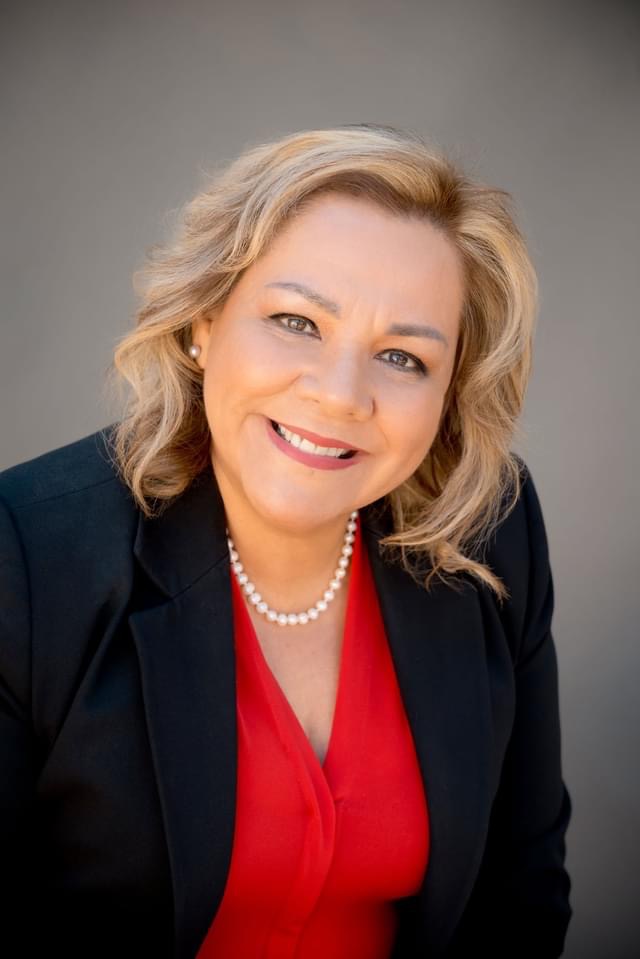Email: [email protected]

Photo by Jonathan Rolande via Pixabay
Dipping your toes in the real estate investing waters can feel intimidating--especially when it comes to making a large up-front investment. Although there are ways to get started in real estate with lower up-front costs (low- or no-down payment VA and FHA loans, for instance), it's smart to have some savings to cushion your first year. Here are a few ways to find the money for your first investment property--even if you're operating on a shoestring budget.
Think investing should be sacrifice-free? It's a thought popular with the Instagram philosophers of today--you know, just secure the right mindset and the money will follow. Unfortunately, real life--at least, the real estate investing life--doesn't work that way, especially at first. Cut back your discretionary spending and earmark it to begin your investment portfolio. Your side hustle might be the springboard you need to save up a down payment for your first property--if you're willing to do the work. Tighten your belt until you close on your first property, and you'll reap the rewards in the long-term.
Already own your home? Consider renting out a room, or setting it up as an AirBnB. If you have a partially-finished basement or mother-in-law suite, you could even renovate to create a true ADU (additional dwelling unit). Et voila! You're off and running as a real estate investor, improving your monthly cash flow scenario in a way that allows you to save for a larger investment down the road.
If you don't already have a budget, get one. No matter what system you use, you need a system--whether it's Dave Ramsey's envelope system, an online program like YNAB or Minted, or an Excel spreadsheet of your own design. It's also smart to talk to a financial advisor and/or accountant as you set goals and adjust your budget to fit your needs. No matter how much capital you are (or aren't) working with right now, an advisor can help make sure you're taking big strides in the right direction.
You'll find that if you're dedicated to your goals, it's incredible how quickly you can stack up enough savings for a down payment on your first property. Impatient to get started? While you're saving, learn everything you can about the market in your area. The time you spend saving and educating yourself will change your life.

You don’t need to do this alone. I am bilingual in English and Spanish, and I have been in the industry for over 20 years, after earning my degree in Business Management and successive studies in Human Resources and Technology. Never content to let my education lapse, I also received a certification in Negotiation Skills from Pepperdine University and attended courses at Stanford University. A leader in the field, I am a member of the Santa Clara Board of Realtors and served as a professional standards ombudsman for 8 years. I completed a term as the President of the National Hispanic Organization of Real Estate’s Santa Clara chapter in 2016, now serving as this organization’s National Vice President. I pursued additional in-depth training to achieve professional designations as an ABR (Accredited Buyer’s Representative), CRS (Certified Professional Specialist), and SRES (Seniors Real Estate Specialist), GREEN certification, and RCS-D (Divorce Real Estate Specialist). Far from being a meaningless alphabet soup, this demonstrates how proactive I am in pursuing the latest knowledge so that I completely prepared to satisfy all my sellers' and buyers' unique needs. I am committed to Excellence!